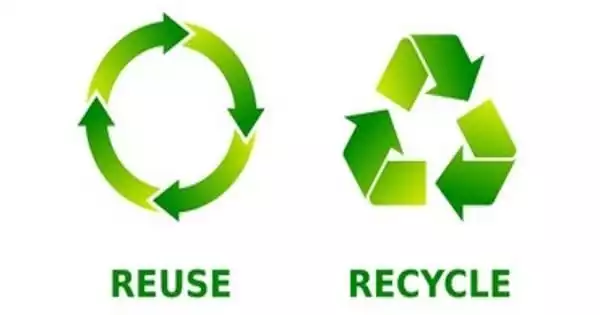Tips: What a Good CV Have
Curriculum Vitae, a formal document for your interview. Document that has all the information regarding you A CV is the most flexible and convenient way to make applications. It conveys your personal details in the way that presents you in the best possible light. A CV is a marketing document in which you are marketing something: yourself! You need to “sell” your skills, abilities, qualifications and experience to employers. It can be used to make multiple applications to employers in a specific career area. For this reason, many large graduate recruiters will not accept CV and instead use their own application form. It should have following things in it.
1. Name:
Should be written at the top of your resume.
2. Contact number:
It is considered as an information of you, must be mentioned.
3. Email:
If available, definitely you must provide. These details impart a good impression.
4. Career Objectives:
These must be stated with the word ‘TO’. Personal pronouns should be avoided. And you can also use Ger-rand (any verb with ING, e.g: Willing,Getting).They should not be of much detail and consisting of 2-3 sentences.
5. Qualification:
You must mention your qualification in reverse order. Starting from the present degree to the last one. If possible do mention the year, institution, and the grade as well.
6. Experience:
Mention where you have any job, before. But avoid to mention short time spans, as it leaves a bad impression. You can also mention any internship also.
7. Professional and Academic Skills:
What skills do you have, any diploma, professional qualification as well. Includes computer skills, languages you know, typing speed etc.
8. Achievements:
Do mention if any, rather any position, merit certificates etc.
9. Seminars and workshops:
Related to your field. If not, just skip it.
10. Personal Information:
At the end do mention about your personal data, Parents Name, Postal Address, NID Number, nationality, marital status etc.
11. Interest and hobbies:
Express your liking and your interests but be careful about what you are writing, it shouldn’t mention or point out your negative aspect.
12. References:
Mention if any, but mostly write ‘Will be furnished on demand’
One survey of employers found that the following aspects were most looked for:
45% Previous related work experience
35% Qualifications & skills
25% Easy to read
16% Accomplishments
14% Spelling & grammar
9% Education (these were not just graduate recruiters for whom this score would be much higher!)
9% Intangibles: individuality/desire to succeed
3% Clear objective
2% Keywords added
1% Contact information
1% Personal experiences
1% Computer skills
There is no single “correct” way to write and present a CV but the following general rules apply:
- It is targeted on the specific job or career area for which you are applying and brings out the relevant skills you have to offer
- It is carefully and clearly laid out: logically ordered, easy to read and not cramped
- It is informative but concise
- It is accurate in content, spelling and grammar. If you mention attention to detail as a skill, make sure your spelling and grammar is perfect!
















